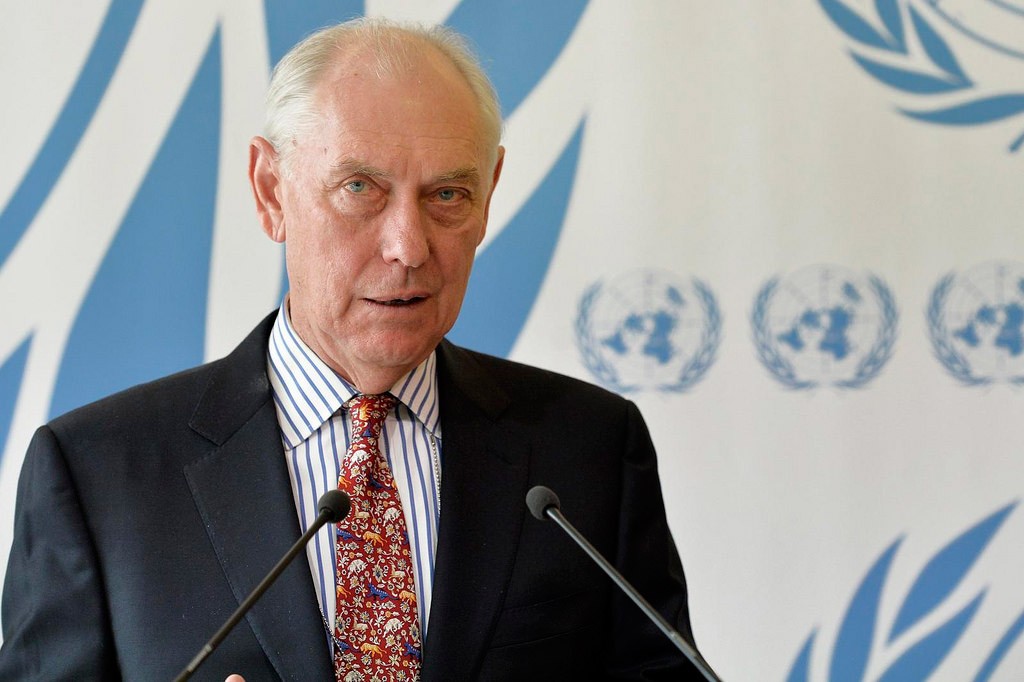U.N. report reveals “very clear patterns” of human rights abuse in Eritrea

By Alpha J. Ahmed
After examining Eritrea’s human rights situation over a four-month span, the United Nations disclosed at the Human Rights Council (HRC) today in Geneva an interim report revealing recurring instances of human rights abuse in the country.
The interim report was based on testimonies from over 500 diasporic Eritreans interviewed by Mike Smith, chair of the Commission of Inquiry on Human Rights in Eritrea. “Most Eritreans have no hope for their future,” said Smith who presented the interim report at the HRC on Monday.
Smith cites Eritrea’s high rates of detention and national service, which targets citizens as young as 17 for interminable periods, as testaments to the country’s violation of human rights: “Detention is an ordinary fact of life,” he says, adding that it affects the lives of numerous “men and women, old and young, including children.”
The conditions under which Eritrean detainees are kept vary as some are confined above ground, others underground, and some in metal containers in fervid temperatures. “Once in one of them, there is a likelihood that you will be subject to torture to extract a confession or to simply punish behaviours,” says Smith who points out the prevalence of the situation.
The testimonies also reveal that Eritreans can be subject to beatings during detainment and national service for slight offences, including drinking water without given permission.
Smith also points to the Eritrean government’s rigid laws with regard to personal liberty that make citizens feel they have little control over “the main decisions in their lives,” including “where to live, what career to pursue,” and even “when to marry or who to worship.”
Smith attributes Eritrea’s human rights predicament to its “no war, no peace” approach in addressing territorial conflicts with adjacent countries, saying that such politics has militarized Eritrean society, making it difficult for its government to establish constitutional rights: “This has become the pretext for almost all the State’s actions that generate and perpetuate human rights violations in the country,” he said, adding, “It is an expression abusively used by the Eritrean authorities to disregard international human rights law.”
The Commission of Inquiry is currently looking into Eritrea’s history of human rights violation as it plans to disclose its findings to the Human Rights Council in 2015.


